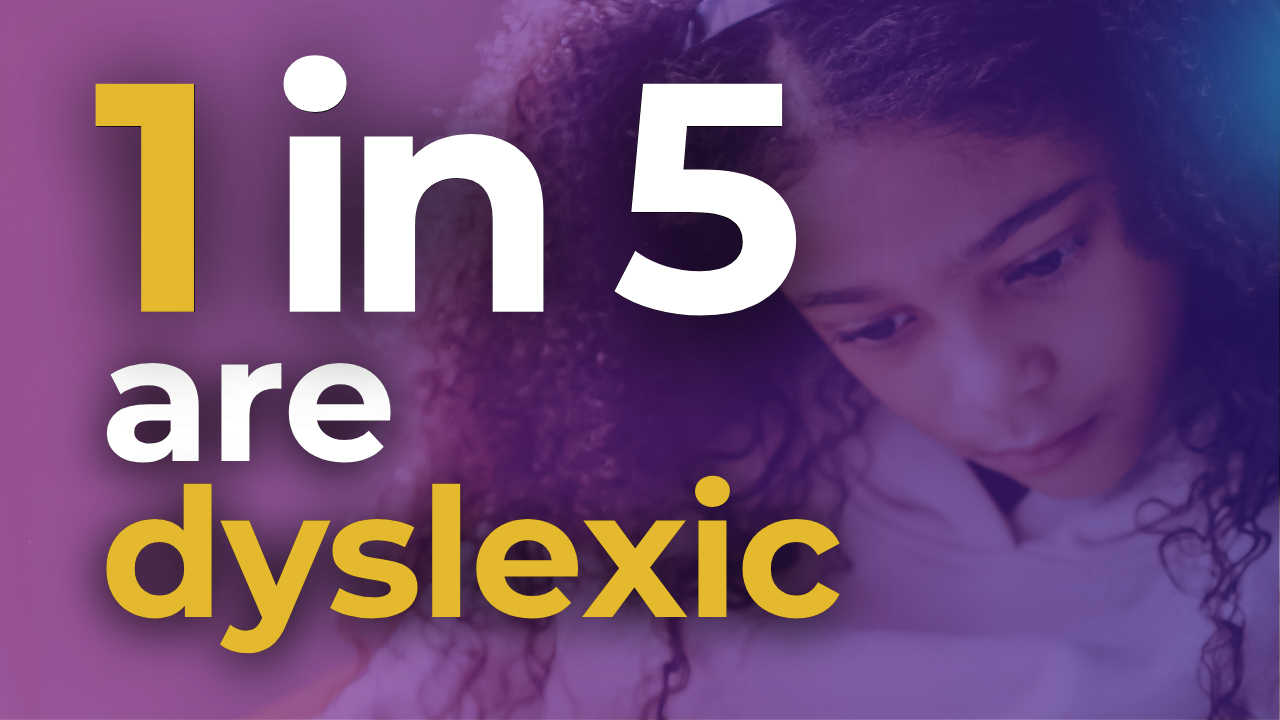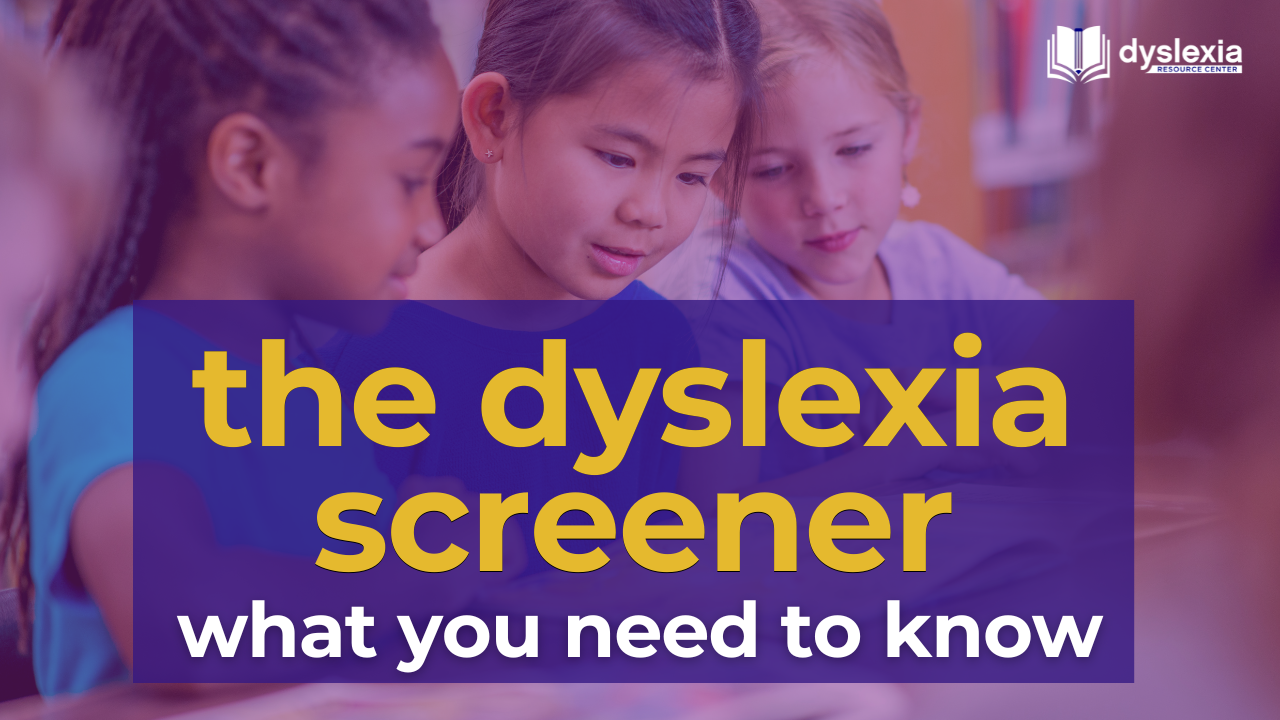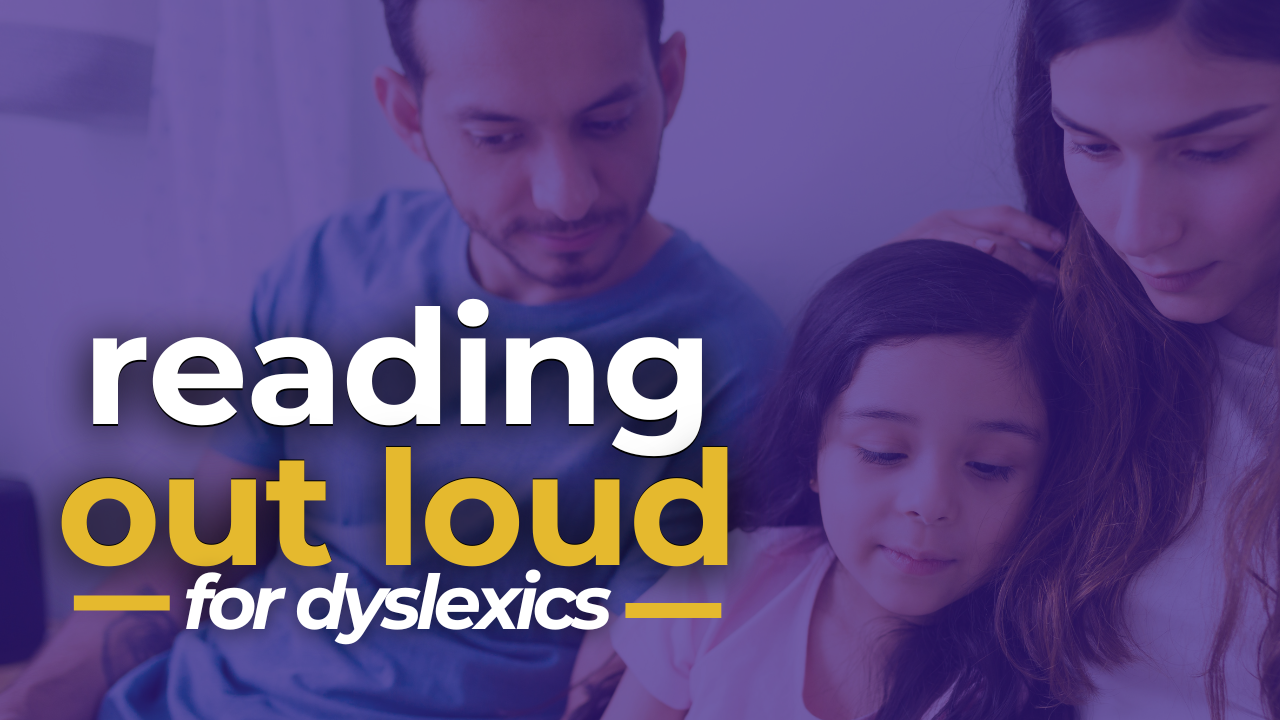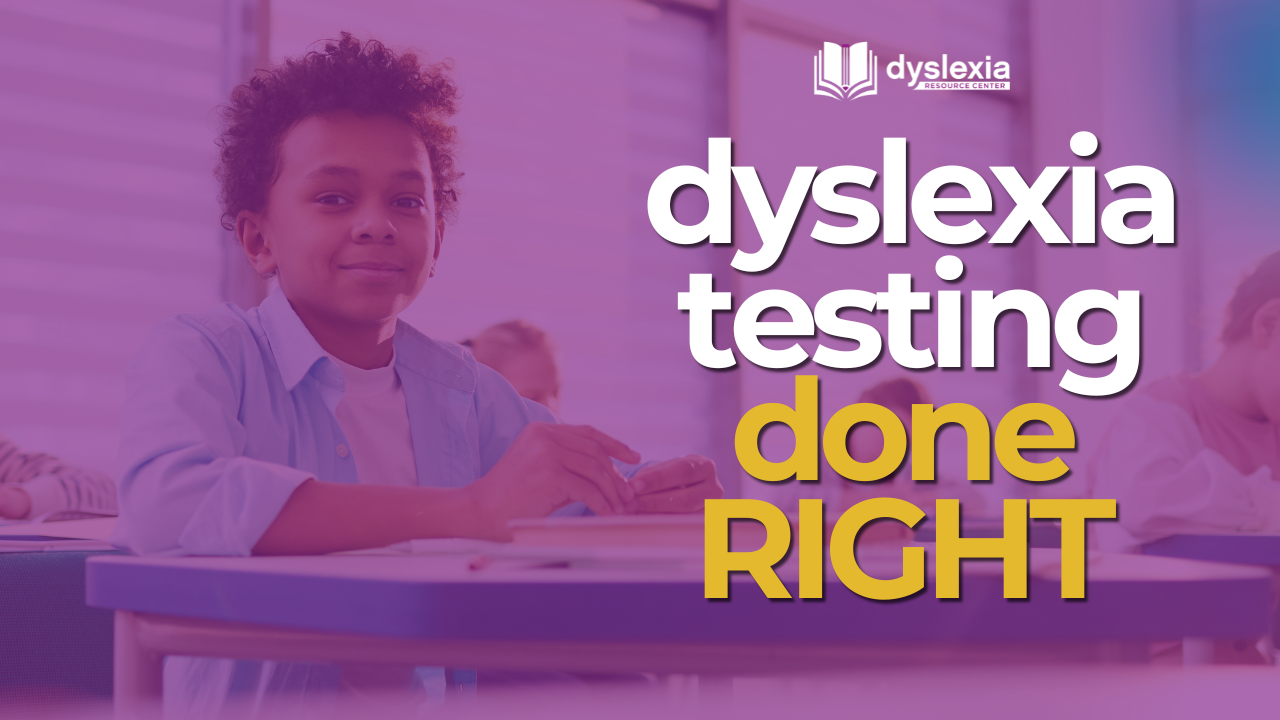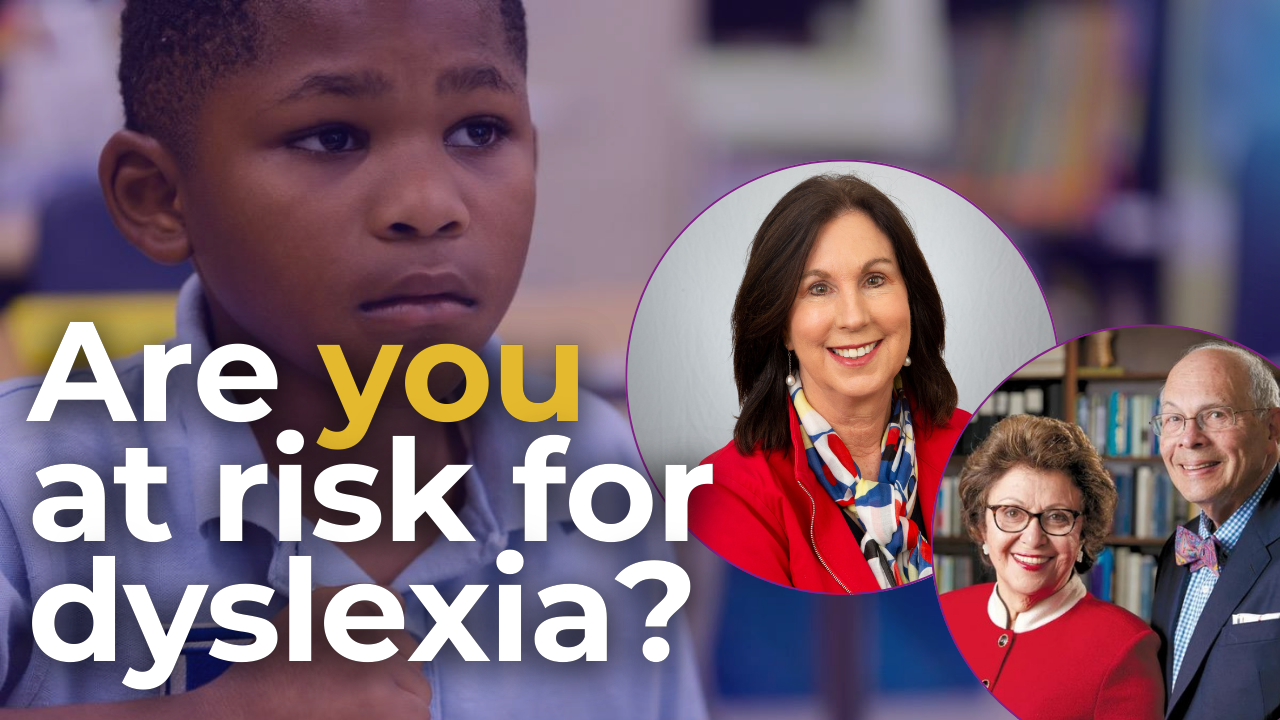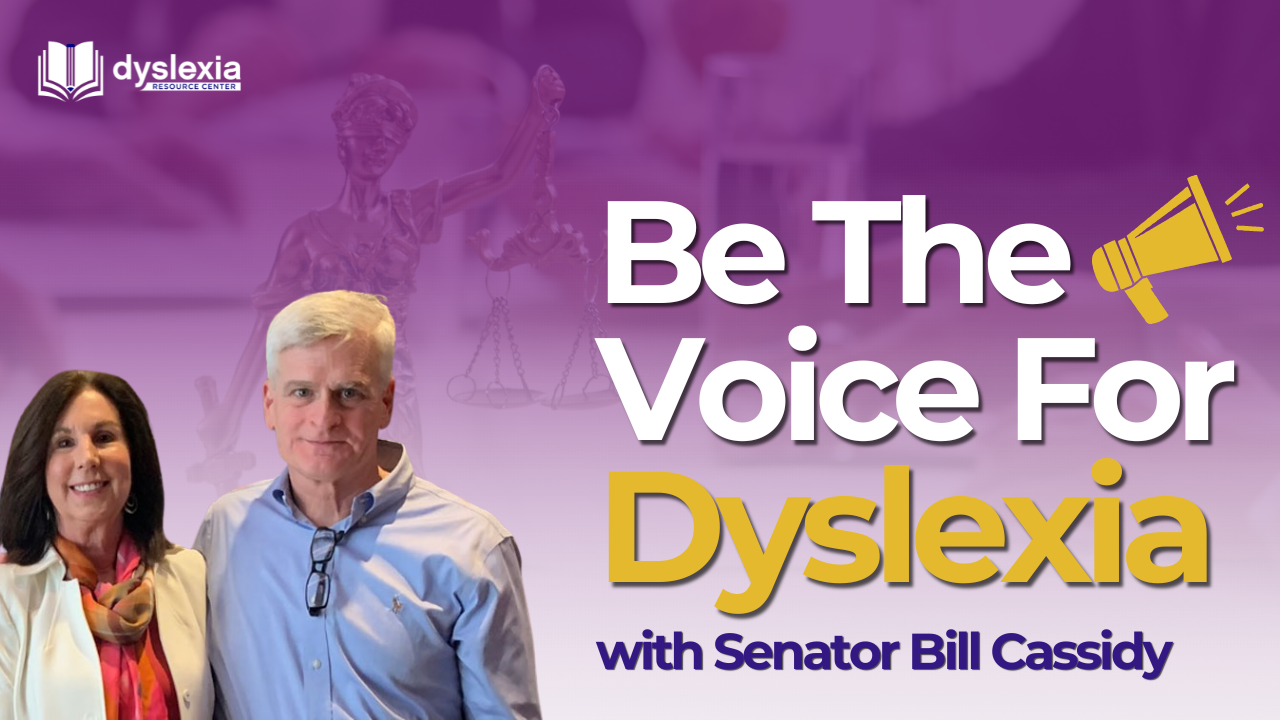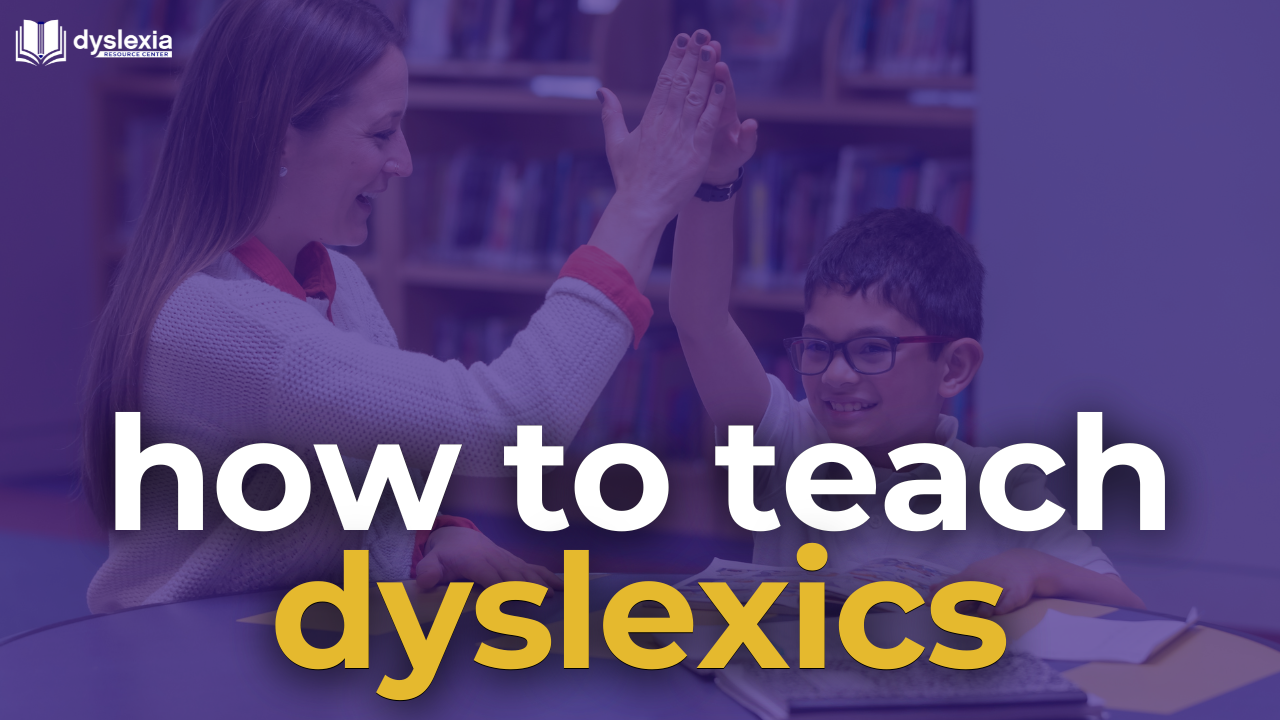Screening For Dyslexia And Not Struggling Readers
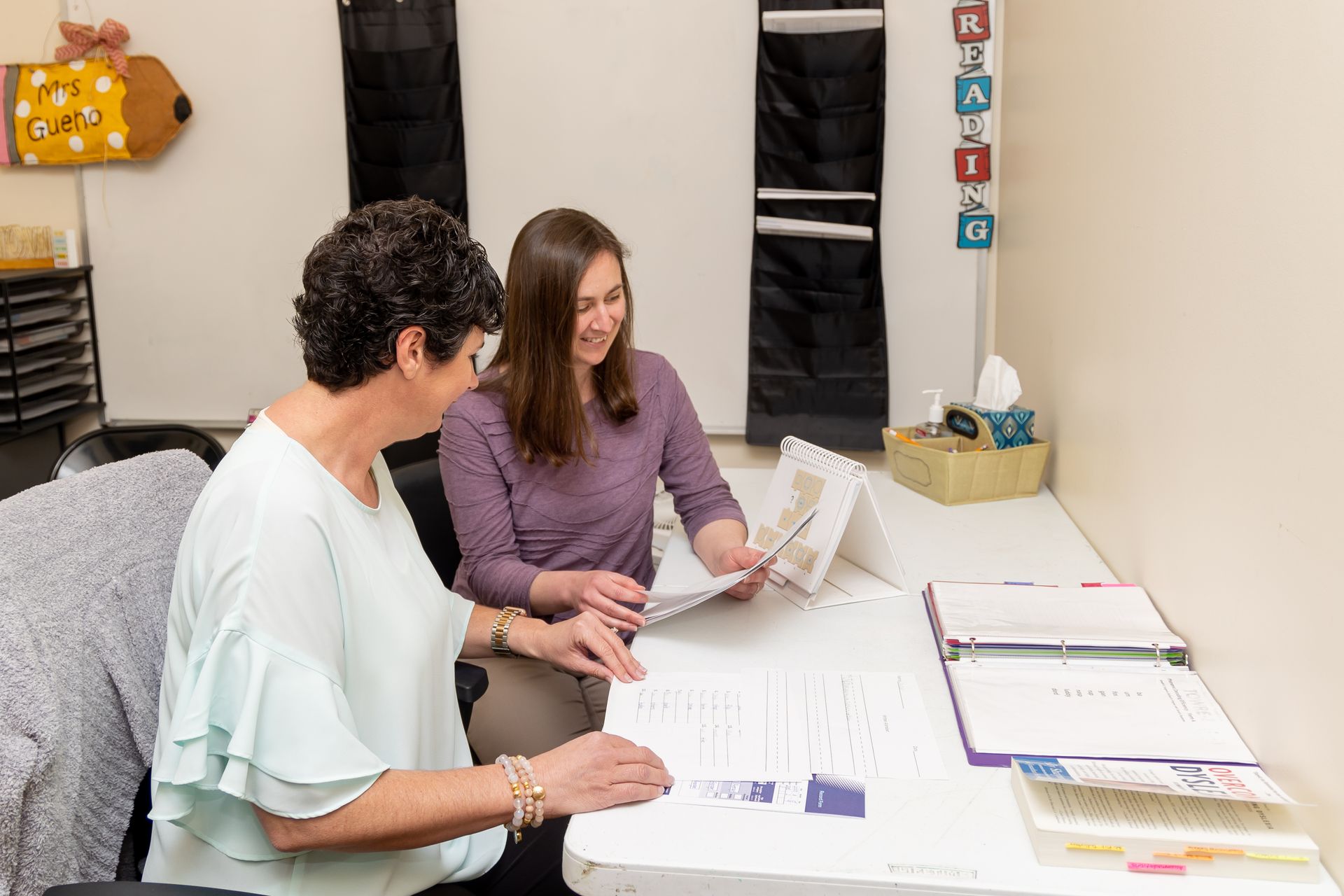
Screening in kindergarten and first grade are talked about in educational circles but there are conflicting ideas about screening. Universal screening involves screening all children in a certain age group for a common condition. Screening does not make a diagnosis as the intent is to identify students at risk and then test that group to confirm those who have the entity. In dyslexia, the intent is to identify and then provide dyslexic children with the needed evidence based instruction. It is not to place a child in RTI.
The education community is against universal screening for dyslexia. In fact, they are against screening specifically for dyslexia and instead screen for “struggling readers”. Those that are identified by the screener (which is usually based on a test assessing one component of reading and not a screener) are then placed in RTI and labeled only as a “struggling reader”.
This is similar to cut offs used in assessing children for dyslexia in schools as opposed to using a preponderance of data. Dyslexia is more than a score on a reading test. Reflecting on the core sound-based phonological deficit, a range of downstream effects are observed in the dyslexic child. This includes writing, speaking, reading, and math. It does not look the same in every child and is dependent on previous instruction and the severity of dyslexia. The intent of the screener should be to identify all children with dyslexia.
Why identify those dyslexics that are not struggling? One, how can you assess all children that are struggling? Dyslexic children may have decent grades or test scores because their parents or paid professionals have tutored them. Secondly, dyslexics use a slower, inefficient system to read and therefore benefit from extra time on tests once identified. Thirdly, these bright kids know they are different from their peers so knowing that they are bright but dyslexic is a boost to their self esteem.
The education establishment doesn’t want to screen specifically for dyslexia because they don’t see a benefit. Most policy experts in education believe that identification is not necessary for success but that the problem is the teacher or the curriculum. They believe that despite the study from Yale Medical School published in the Journal of Pediatrics showing that the academic gap between dyslexics and non-dyslexics is present in the 1st grade.
They believe that despite national data (NAEP) showing 50% of Hispanics and African Americans read below Basic along with 30% of Caucasians. These are randomly chosen children and the test cannot be read to the child. The test in reading is assessing a child’s ability to decode.
There is no reason to continue this policy. Universal screening with a valid screener by the child’s teacher should be carried out in the spring of kindergarten. This screener should evaluate all the downstream affects mentioned above in order to identify and give dyslexics the success in life for them individually and for us as a society.
